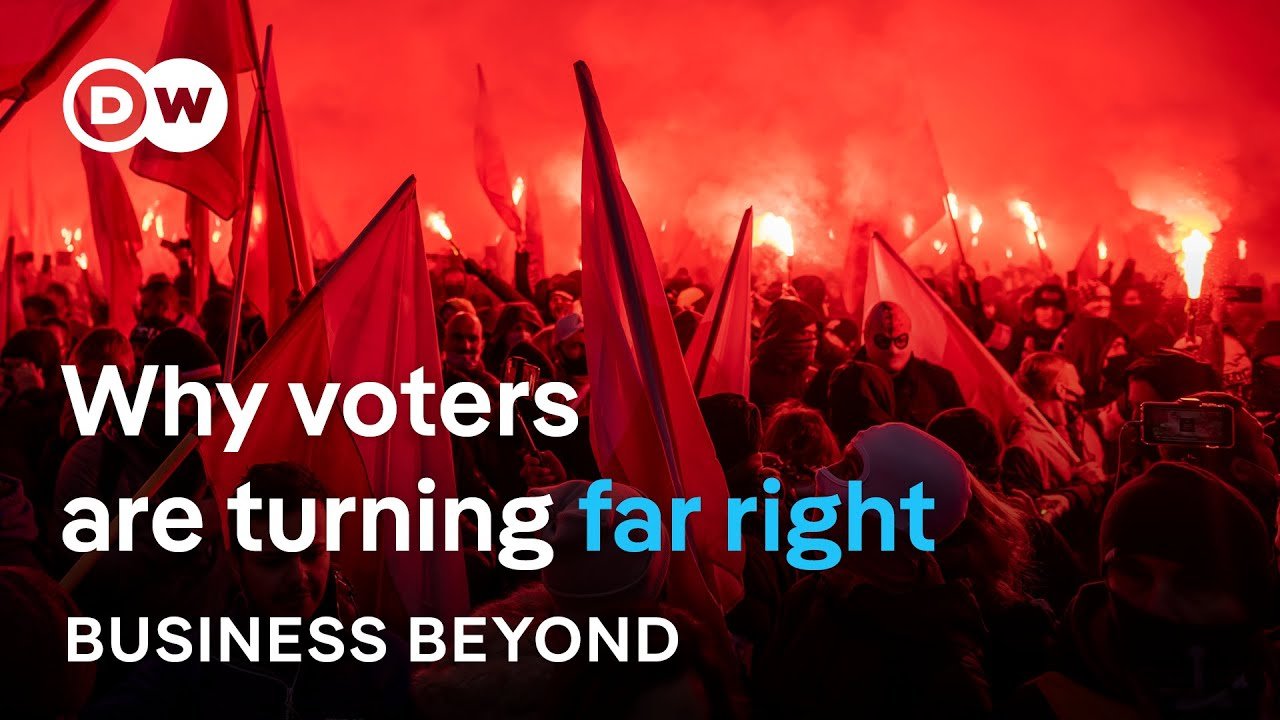- 2024 marks a significant election year globally, with a notable shift towards far-right parties, especially in Europe.
- Far-right parties have successfully attracted voters from economically declining sectors by leveraging economic insecurities and cultural issues.
- The term “far right” is increasingly debated, with some experts suggesting it fails to accurately capture the contemporary political landscape dominated by cultural divides.
- Economic factors like globalization and opposition to the EU are common themes among far-right parties, yet their voter base spans across various socioeconomic backgrounds.
- The refugee crisis of 2015 is identified as a pivotal moment that propelled far-right parties into prominence, more so than the global financial crisis.
- Despite the rise of far-right parties, economic policies proposed by these parties often do not align with the interests of their voter base, potentially exacerbating economic inequality.
- Business leaders largely oppose the rise of far-right parties, fearing negative impacts on the economy, international trade, and labor markets.
- The current economic climate differs significantly from the 1920s and 1930s, with low unemployment and strong social welfare systems in Europe, potentially mitigating the risk of a far-right surge due to economic crises.
- Far-right parties focus on cultural issues, such as anti-immigration and nationalism, which resonate more with their voter base than purely economic arguments.
- The rise of the far right suggests a shift in political aphorisms, with cultural concerns taking precedence over traditional economic considerations for many voters.
DW News is a global news TV program broadcast by German public state-owned international broadcaster Deutsche Welle (DW).
AllSides Media Bias Rating: Center
https://www.allsides.com/news-source/deutsche-welle-media-bias
Official website: https://www.dw.com
Original video here.
This summary has been generated by AI.

Leave a Reply